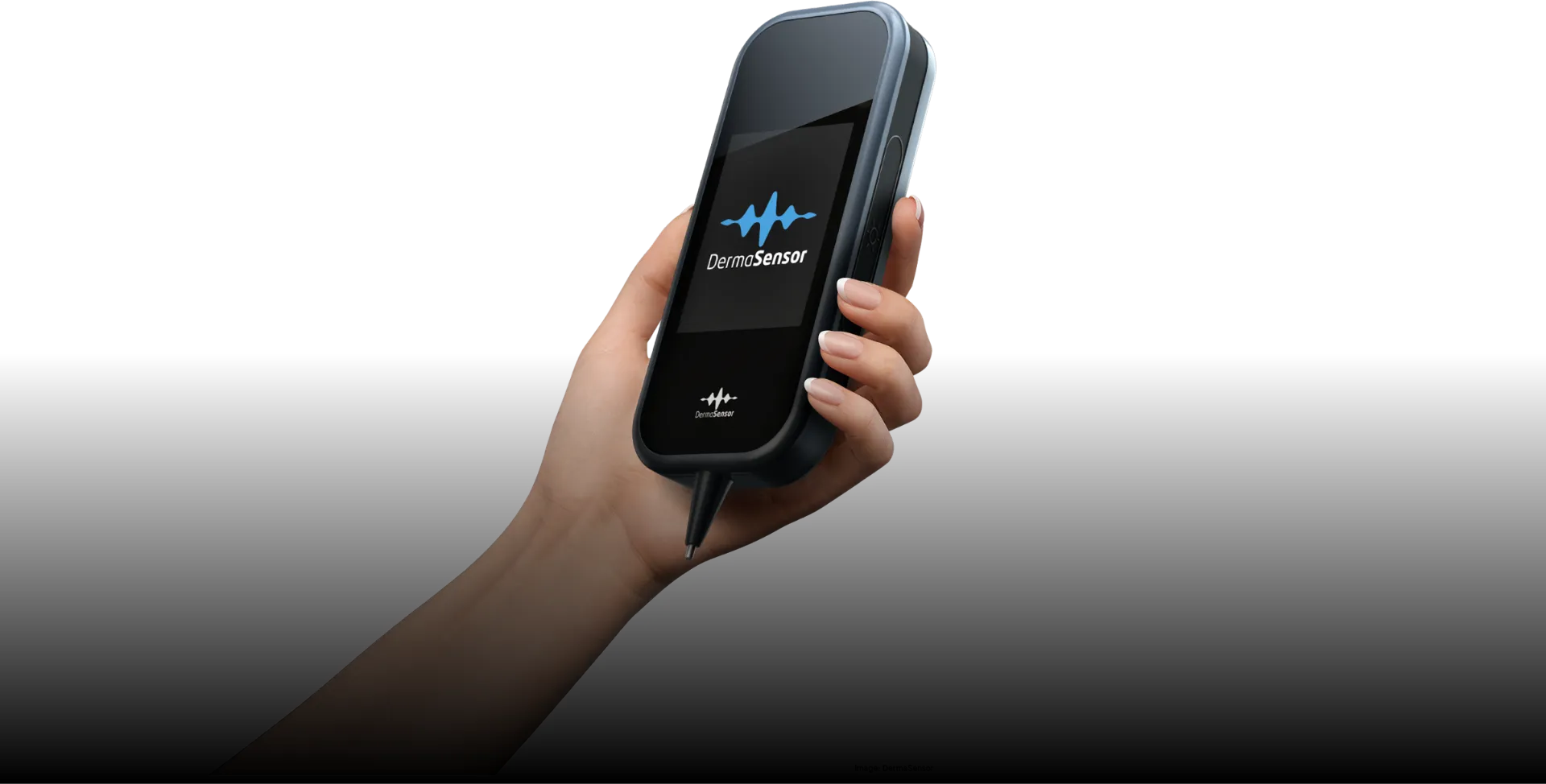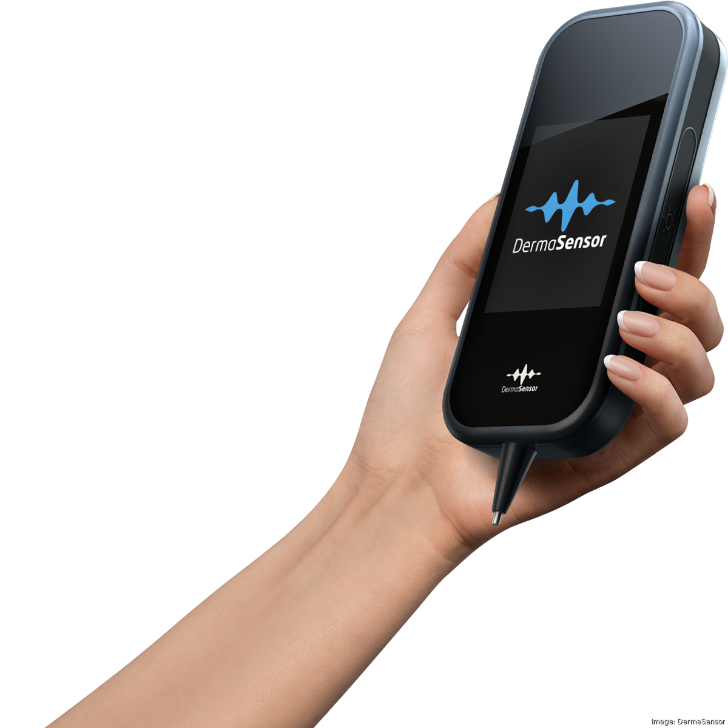
Photo by Chokniti Khongchum: https://www.pexels.com/photo/scientist-using-microscope- 3938022/
Innovation in the healthcare industry has only surged in recent years. This boom is not only helping save time and reduce costs but also promote top-tier patient care and improve standards of efficiency and accuracy. When properly applied, health technologies can help doctors build trust with their patients and can result in life-saving solutions. Here’s a look at some of the most recent advancements in healthcare technology and what makes them stand out.
Late last year, Natera launched a new test that greatly increased the sensitivity to potential diseases that would impact donor kidneys’ quality. The Prospera with Quantification is the only cfDNA test for kidney rejection that provides three values — the quantity of donor-derived cfDNA (dd-cfDNA), a fraction of dd-cfDNA, and total cfDNA on every report – increased sensitivity from 7/9 rejections to 9/9 kidney rejections – saving time and resources for future complications. It has allowed doctors to intervene with or gain visibility to a true rejection sooner, helping to avoid irreversible damage to their patients. This breakthrough has meant that doctors do not have to wait for a potentially dangerous medical circumstance to unveil before knowing of potential complications to trust the test.
The impact of augmenting clinicians to better detect and treat disease cannot be understated, especially in today’s world. Technological improvements are continuing to shape and improve the speed and ease of disease detection for both patients and doctors. One of these includes an Oakland, California based company, Eko’s digital stethoscopes – offering doctors an automated, AI-powered way to better detect various heart diseases. Unlike other options, this device allows for pairing, “with wireless headphones, which was especially useful during the pandemic, when PPE gear and social distancing interfered with doctors’ ability to use traditional stethoscopes to monitor heart and lung function.” The apparatus also pushes the limits of virtual care as it’s a more substantial way of storing heart recordings to build to foundation for future detection algorithms.
Further pushing early detection capabilities, MIT engineers have created a new diagnostic nanoparticle for cancer. This new diagnostic nanoparticle can reveal the presence of cancerous proteins through a urine test, and it functions as an imaging agent, pinpointing the tumor location. Unlike biomarkers from the past, this new technology allows doctors to specify the location of a tumor and monitor potential spread. This technology could become part of a diagnostic workflow for clinicians that can use for more precise imaging results and quicker possible solutions in the long term.
Another exciting technology making waves in the healthcare industry is our product DermaSensor, which was recently cleared by the FDA and covered in this Nature article. This innovative device provides a novel, automated result for skin cancer risk, revolutionizing the way doctors assess suspicious skin lesions. DermaSensor utilizes advanced optical technology to assess the cellular and sub-cellular features of lesions beneath the surface of the skin. This non- invasive and painless testing provides an immediate, objective result. When paired with the physician’s visual assessment, this provides doctors and their patients with more accurate and confident skin lesion assessments and care, decreasing missed skin cancers by 30-52%.
DermaSensor also helps prioritize high-risk patients that deserve a more urgent level of care and immediate attention. DermaSensor’s technology ultimately helps physicians to promptly detect skin cancer and provide patients peace of mind. By adding DermaSensor into the realm of new FDA cleared healthcare technologies, we are witnessing yet another significant step forward in the fight against cancer.
The continued use of technology in medicine will only ramp up in the near future. In the Breast Cancer Diagnostics Global Market alone, researchers expect 7% growth in the next seven years. From advanced imaging technologies that can detect 40% more cancers than older imaging technologies to increasing the launch of predictive and companion diagnostic testing – health tech stands at the forefront of delivering new diagnostic tools to clinicians and, above all else, hope to their patients.



